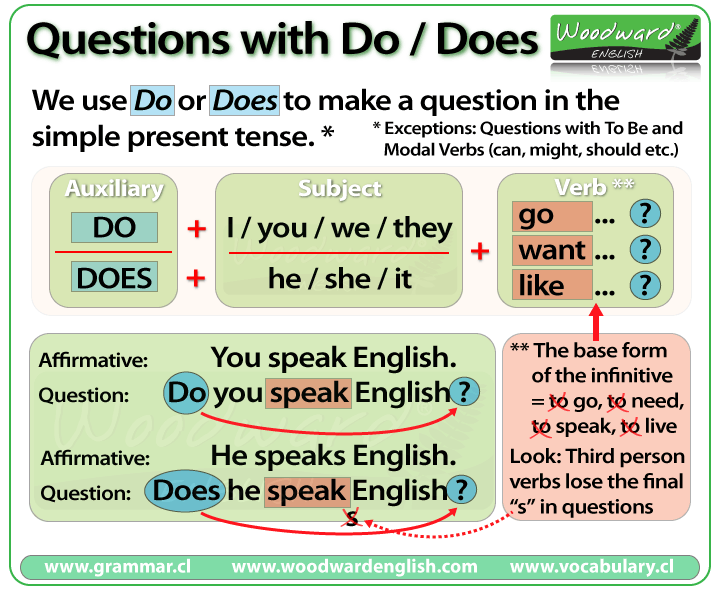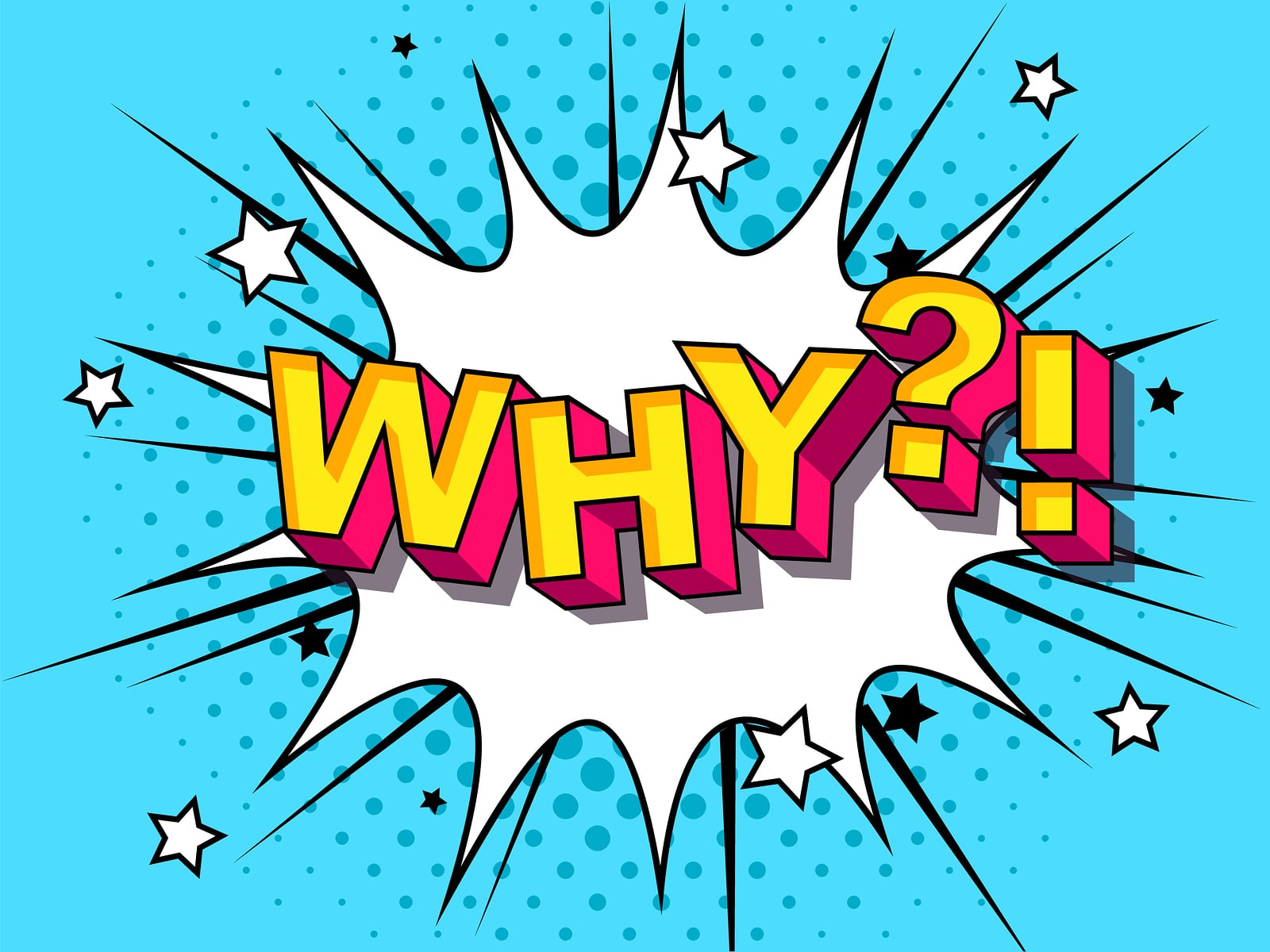Understanding the GOP: Origins, Meaning, and Role in American Politics
What Does GOP Stand For in Politics?
In the United States, the acronym GOP stands for Grand Old Party , which is a widely recognized nickname for the Republican Party . The Republican Party is one of the two major political parties in the U.S., the other being the Democratic Party. The term “Grand Old Party” emerged in the 19th century and has been used interchangeably with “Republican Party” for well over a century [1] , [2] .

Source: logos-world.net
The Origins of the Republican Party (GOP)
The Republican Party was founded in 1854 by a coalition of anti-slavery activists who opposed the Kansas-Nebraska Act, which allowed for the potential expansion of slavery into new western territories. The first informal meeting of what would become the Republican Party took place in Ripon, Wisconsin. The party was officially established in Jackson, Michigan, later that year. The founders envisioned a political group that would champion equality and oppose the extension of slavery in the United States [3] , [5] .
The name “Republican” was deliberately chosen to reflect values of equality and recall the legacy of Thomas Jefferson’s Democratic-Republican Party. The party’s early support base included northern Protestants, professionals, business owners, and farmers. Abraham Lincoln, elected in 1860, became the first Republican president and played a pivotal role in leading the nation through the Civil War and abolishing slavery [2] .
Why Is the Republican Party Called the GOP?
The nickname “Grand Old Party” or GOP, first appeared in print in the late 19th century as a term of respect and pride for the Republican Party’s achievements, particularly its leadership during the Civil War and the abolition of slavery. Over time, GOP became the standard abbreviation in media and political discourse [1] , [2] .
The Role and Influence of the GOP in American Politics
The Republican Party has played a central role in shaping U.S. policy and society. Throughout its history, the GOP has experienced shifts in ideology and support base. In its early years, the party was associated with anti-slavery and pro-business policies. After the Civil War, Republicans led the push for civil rights for freed slaves during the Reconstruction era. By the late 19th and early 20th centuries, the party promoted industrial expansion, high tariffs, and limited government intervention in the economy [3] .

Source: history.com
In the modern era, the Republican Party is generally seen as right-leaning, advocating for conservative social values, lower taxes, reduced government regulation, and a strong national defense. The GOP has been influential in major policy shifts, such as the conservative movement of the late 20th century and the rise of populist elements in the 21st century, particularly during and after Donald Trump’s presidency [2] .
Core Values and Policy Positions of the GOP
While there is diversity within the party, the GOP broadly supports:
- Economic Conservatism: Advocating for lower taxes, free-market capitalism, and limited government intervention in business.
- Social Conservatism: Emphasizing traditional family values, religious freedom, and opposition to abortion and same-sex marriage.
- States’ Rights: Preferring local and state governments to have more power relative to the federal government.
- National Defense: Supporting a robust military and strong global presence.
- Individual Liberties: Defending the right to bear arms and expressing skepticism toward extensive government social programs.
It is important to note that there are internal debates and factions within the GOP, including libertarian, centrist, and socially conservative wings [4] .
GOP Symbolism and Communication
The symbol of the Republican Party is the elephant, first popularized in political cartoons during the 1870s. Today, the elephant remains a powerful image in party branding and campaign materials. The color traditionally associated with the GOP is red, particularly in electoral maps and campaign branding [5] .
How to Learn More or Get Involved with the GOP
If you are interested in learning more about the Republican Party or becoming involved, there are several actionable steps you can take:
- Visit the Official Republican Party Website: The national GOP has an official website where you can find information about its history, platform, and current activities. You can search for “Republican National Committee official website” online to access this resource.
- Contact Local or State GOP Organizations: Each state and many localities have their own Republican Party chapters. You can locate these by searching for your state or county’s Republican Party website or office.
- Attend Public Events: Many GOP organizations hold town halls, debates, and community outreach events. Check local event calendars or reach out to your local GOP office for information about upcoming activities.
- Volunteer or Join as a Member: The GOP frequently seeks volunteers to help with campaigns, voter outreach, and community service initiatives. To get started, inquire through your local or state party office or look for volunteer opportunities on the official party website.
- Stay Informed on Policy Issues: To understand the party’s evolving positions, follow reputable news outlets and consider reviewing official party platforms, which are adopted at national conventions and updated regularly. These can typically be found by searching for “Republican Party platform” through authoritative news sources or the official party site.
When seeking to join or support the GOP, always verify that you are engaging with legitimate, official channels. Avoid unofficial websites or social media pages without clear ties to recognized party organizations.
Common Questions About the GOP
Is GOP the same as the Republican Party? Yes, “GOP” and “Republican Party” are used interchangeably. Both refer to the same political organization [1] .
What are the main differences between the GOP and the Democratic Party? The GOP generally supports conservative policies, less government intervention in the economy, and traditional social values, while the Democratic Party tends to advocate for more progressive social policies and greater government involvement in economic regulation and social programs. For an in-depth comparison, consult established news and educational sites or government resources on the U.S. political system [4] .
Key Takeaways and Next Steps
The term “GOP” stands for “Grand Old Party,” another name for the Republican Party, one of America’s two major political parties. With a history dating to the mid-19th century, the GOP has played a defining role in shaping U.S. government, policy, and society. Its core values emphasize economic freedom, limited government, social conservatism, and a strong national defense. If you want to learn more, get involved, or simply stay informed, use official channels such as the Republican National Committee, state party offices, or reputable news sources for the latest updates and opportunities.
References
- [1] Wikipedia (2024). Republican Party (United States) – party history and overview.
- [2] Encyclopaedia Britannica (2025). Republican Party – history, beliefs, and key facts.
- [3] Wikipedia (2024). History of the Republican Party (United States).
- [4] U.S. Embassy Denmark (2023). Presidential Elections and the American Political System – party platforms and differences.
- [5] Nevada Republican Party (2024). History of the GOP.



